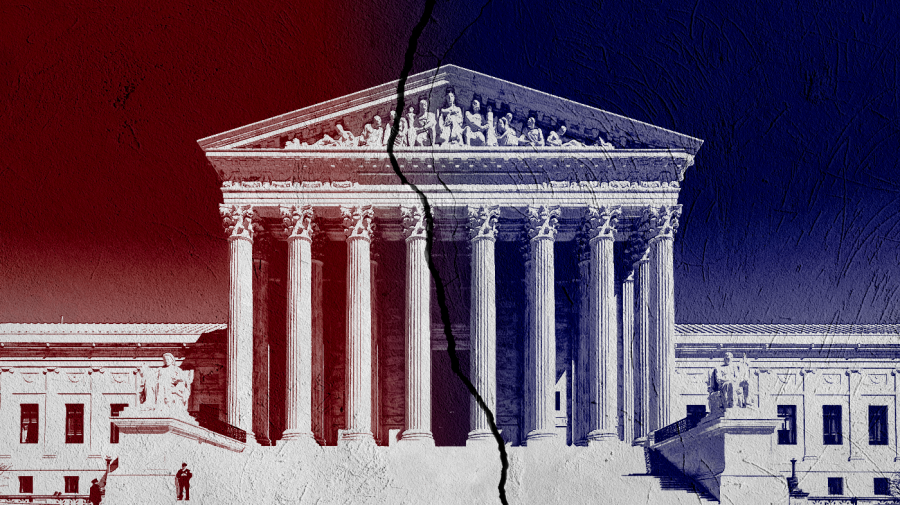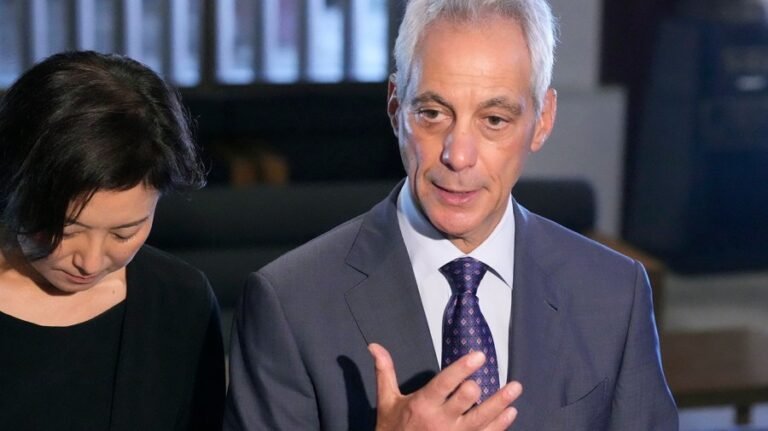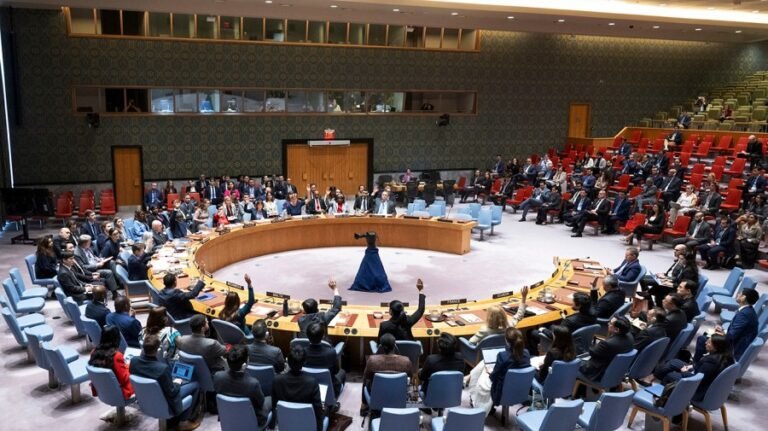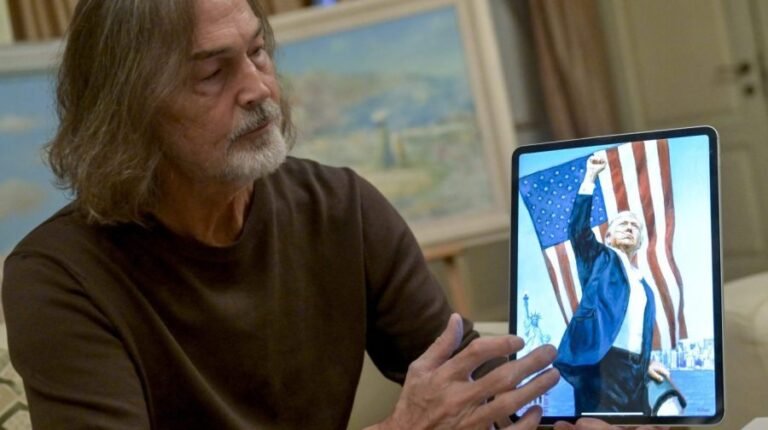
Our legal system is facing an unprecedented threat. For those on the political left, the blame lies squarely with President Trump and his administration.
President Trump has increasingly disregarded judicial authority, notably by defying a recent emergency order from a federal judge. Trump calls for the impeachment of judges who rule against him, prompting a rare rebuke from Chief Justice John Roberts. He regularly undermines judicial rulings, dismissing those he dislikes as decisions by “Obama judges.”
Seemingly on a daily basis, Trump leverages executive power to blacklist major law firms, potentially devastating their practices simply because they represent clients or causes he opposes. He has signaled his plans to retaliate against lawyers and firms that bring immigration cases or lawsuits against his administration.
Trump’s misuse of the executive power, which has already compelled one of the country’s largest defense firms to bend the proverbial knee, marks an unprecedented escalation in modern American politics.
As a center-left lawyer who has spent his career fighting powerful interests on behalf of everyday people, I find the current moment deeply alarming. Ironically, despite my skepticism of Big Law, the first line of defense is going to be these large firms, on whom we now must rely to protect both themselves and, by extension, the legal system as a whole from many of the powerful interests it has historically served.
So far, these firms have largely remained silent, demonstrating the chilling effect government blacklisting has had. (One notable exception is litigation powerhouse Williams and Connolly, which immediately stepped in to defend the first law firm Trump targeted.) Firms fear losing clients, partners and recruits if they speak up. These ripple effects make it significantly harder for certain people and causes to access top legal representation, striking directly at the adversarial system fundamental to our democracy.
Yet conservatives rightly note these developments didn’t emerge spontaneously.
Many of my friends on the left seem unaware of the backdrop that Trump’s supporters and allies point to in justifying or contextualizing his administration’s actions. Conservative judges have faced relentless personal attacks that go beyond legitimate criticism.
Prominent justices like Clarence Thomas have been targeted by explicit campaigns to discredit them. In 2020, Democratic leaders warned Justices Neil Gorsuch and Brett Kavanaugh they would “pay the price” if they limited abortion rights. Activists have posted justices’ home addresses online, raising bipartisan safety concerns. Indeed, an armed man who was arrested outside Kavanaugh’s home is scheduled to stand trial in June for attempted assassination. (Trump himself, of course, faced two assassination attempts last year.)
Paul Clement, a top appellate lawyer, was effectively driven out of Big Law for representing conservative clients — a clear instance of left-wing pressure reshaping legal advocacy. Protests at law schools have sought to silence conservative judges. Conservatives view these actions as efforts by progressive institutions — universities, media, advocacy groups — to intimidate judges, silence opposition and discourage lawyers from representing Republican causes.
To be clear, I’m not arguing moral equivalence. Trump’s recent actions represent a unique threat that is pushing us perilously close to a breaking point. Still, the left’s dominance in media and elite institutions, sometimes focused like sunlight through a magnifying glass, has real-world consequences, too. These are not just isolated incidents or a busy day on X — they represent a constant barrage that conservatives regularly face.
Philosopher John Rawls proposed evaluating fairness through a “veil of ignorance,” judging issues without knowing identities or affiliations. Yet reactions to virtually every scandal over the last four decades show our outrage depends more on whose “side” the target is on than on the merits.
Without knowing Trump’s identity, it’s difficult to imagine prosecuting a former president, who was widely expected to seek a second presidential term, for overstating his net worth to secure a loan that had been fully repaid. But upon learning his identity, the media and half of the country greeted the charges eagerly. Similarly, reactions to presidential impeachments, Hunter Biden’s legal issues, Hillary Clinton’s email controversy, or the Trump administration’s recent leak of war plans to a journalist via the Signal app fall along party lines.
Our independent judicial system, while imperfect, is fundamental to our democracy. As an advocate, I’m deeply aware of its shortcomings; I have witnessed firsthand how systemic failures devastate real people. People have the right to criticize the judiciary — in fact, lawyers have a special duty to speak out against injustice, even at personal or professional risk.
But passionately advocating against systemic issues or flawed judicial decisions differs fundamentally from personal attacks on judges. Blacklisting lawyers or firms simply for representing clients or causes we oppose politically undermines the adversarial process critical to our legal system. And viewing every issue solely through a partisan lens obscures real problems, stifles critical debate and deepens division.
Instead of easing tensions, Republican leadership has dangerously escalated them by floating the radical idea of eliminating federal courts altogether. But our judicial system depends fundamentally on public trust and bipartisan respect — both now severely eroded.
Congress must act swiftly and jointly to reaffirm judicial independence, explicitly reject structural changes (whether targeting federal courts generally or Democrats’ calls to expand the Supreme Court), prohibit government retaliation against law firms for representing unpopular cases or causes, and increase funding to ensure judges’ safety and security. Only decisive, bipartisan action can restore faith in the fairness of our courts and prevent systemic collapse — whether under Trump or any future leader prepared to push even further.
Jay Edelson is a nationally recognized plaintiff’s attorney and founder of Edelson PC. Named to Forbes’ Top 200 list of America’s top lawyers, he is a leading voice on legal reform and the role of the legal profession in protecting the integrity of the courts.


